A timeline that gathers all events from the origin of the idea to its realization: a story in the making.
Municipality of Suzzara, Park of San Colombano, Po riverbank,
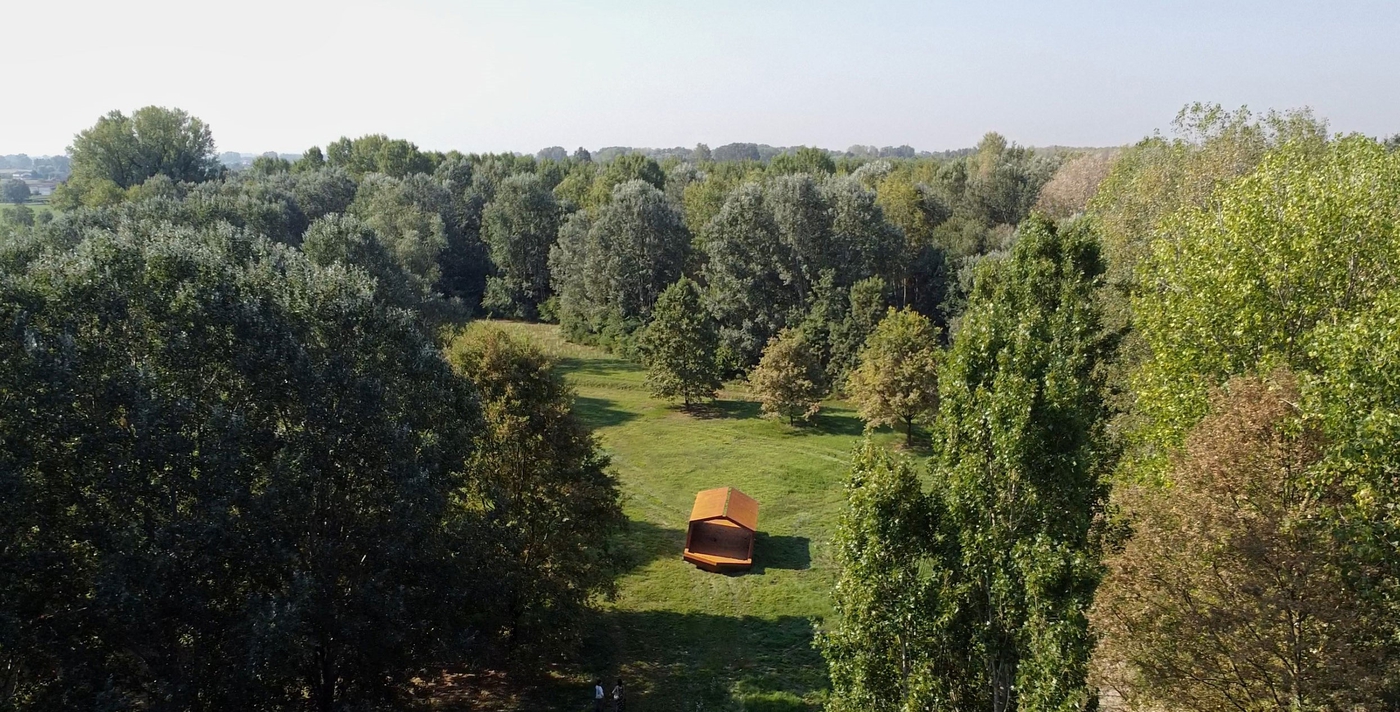
A timeline that gathers all events from the origin of the idea to its realization: a story in the making.
Municipality of Suzzara, Park of San Colombano, Po riverbank,
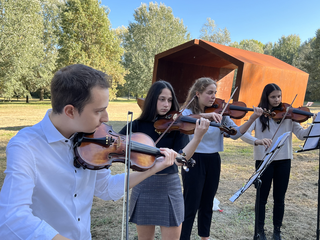
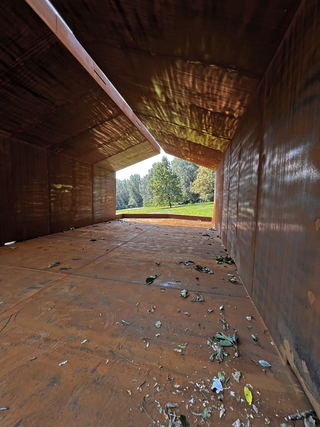
Inside Sweet Home
View towards the west side
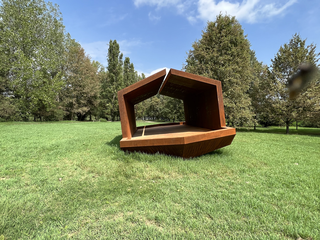
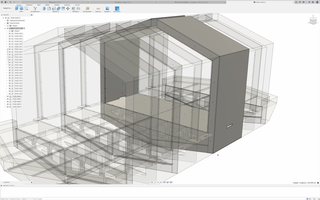
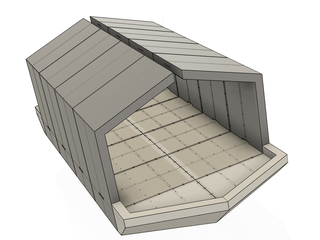
Project
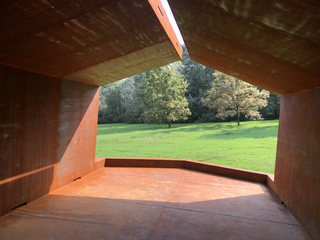
Inside Sweet Home
View towards the west side


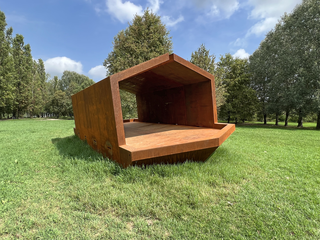
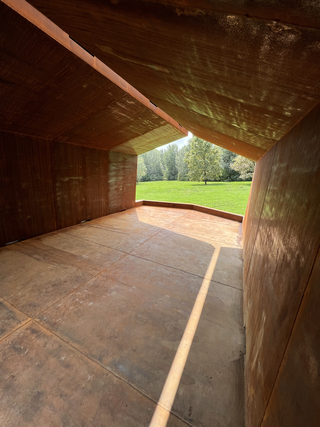
Inside Sweet Home
View towards the east side
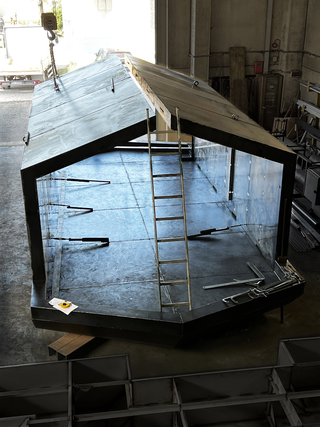
Sweet Home under construction at the shipyard
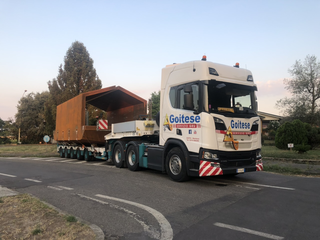
The exceptional transport from the shipyard of Codogno to Suzzara was carried out by "Goitese"
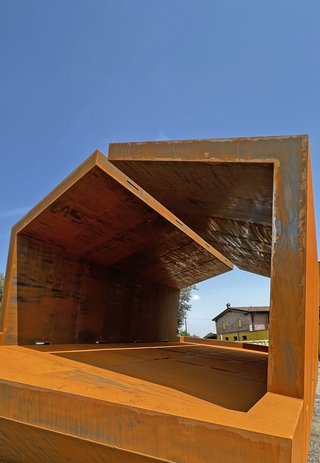
Sweet Home concluded at the ship yard
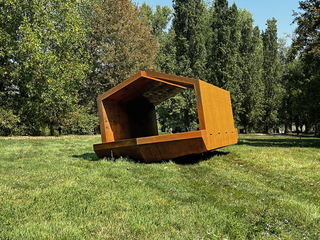
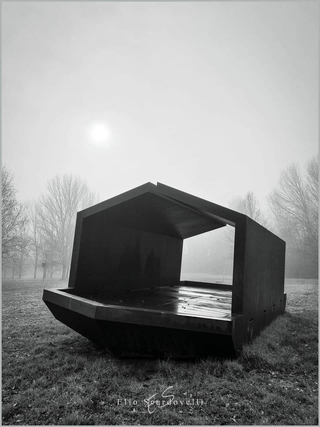
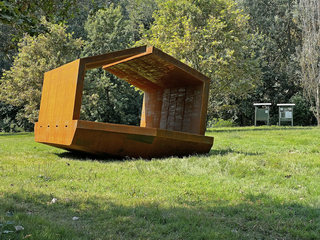
Sweet Home a dimora
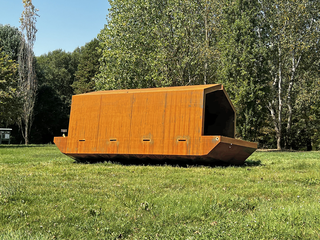
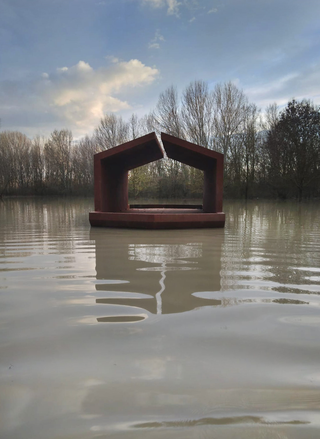
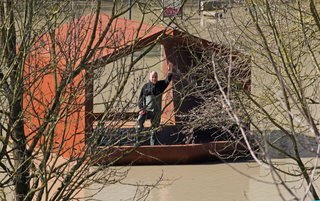
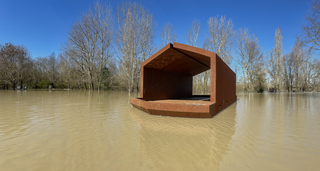
Social
Contatti
umberto@cavenago.info